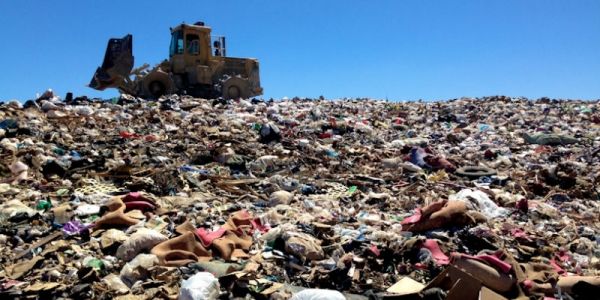But a new report says that up to 80 per cent of items – and any plastic packaging they are wrapped in – will end up either in landfill, incineration or – at best – low quality recycling, often after a very short life.
Most of the resources they are made from will only get one use before being wasted.
A new report, Building a Circular Economy, was produced by charity and independent think tank Green Alliance as part of a partnership with the Resource Recovery from Waste programme, based at Leeds’ School of Civil Engineering.
The report, based on research by Professor Phil Purnell, Professor of Materials and Structures, and Research Impact Fellow in Circular Economy Dr Anne Velenturf, finds:
Vast amounts of valuable resources are being lost to the economy. Some 80 per cent of household plastics and textiles are landfilled or incinerated and nearly all electronic waste goes to low quality recycling when it enters the waste management system;
Eliminating this waste requires a major shift to different infrastructure: up to 80 per cent less residual waste treatment infrastructure would be needed in a circular system for plastic, electronics and clothing. Instead, new business models, facilities and logistics would lower consumption and enable takeback, repair, remanufacture and reuse of products.
Continue reading at University of Leeds
Image via University of Leeds


